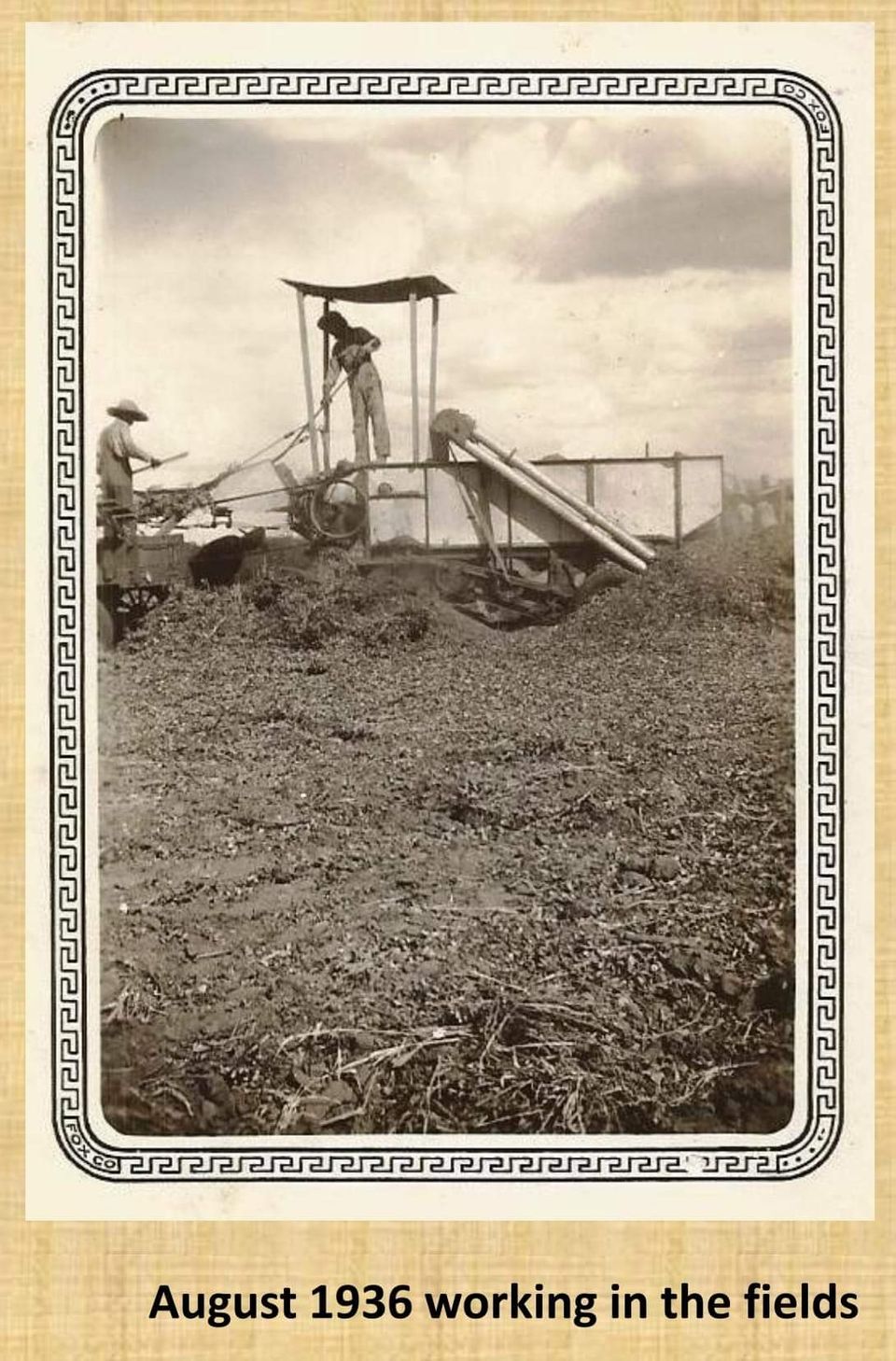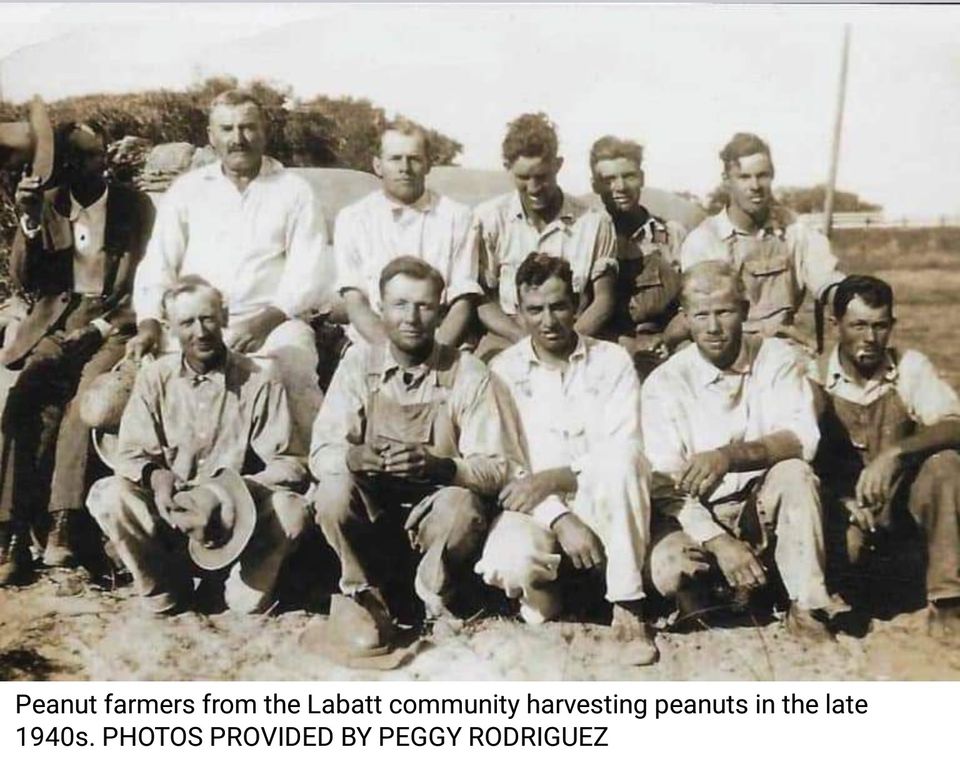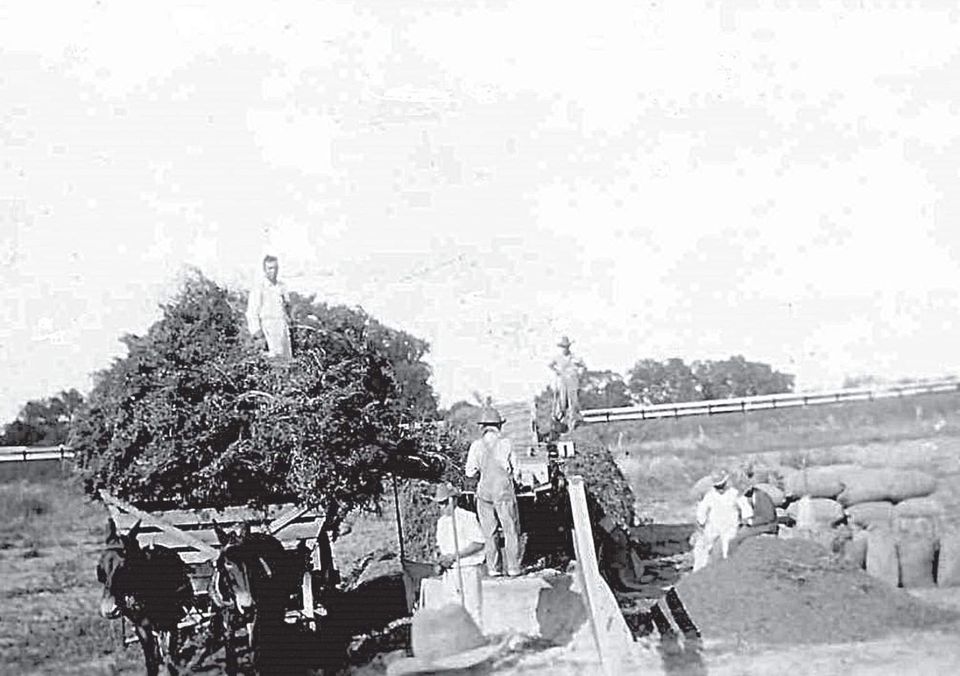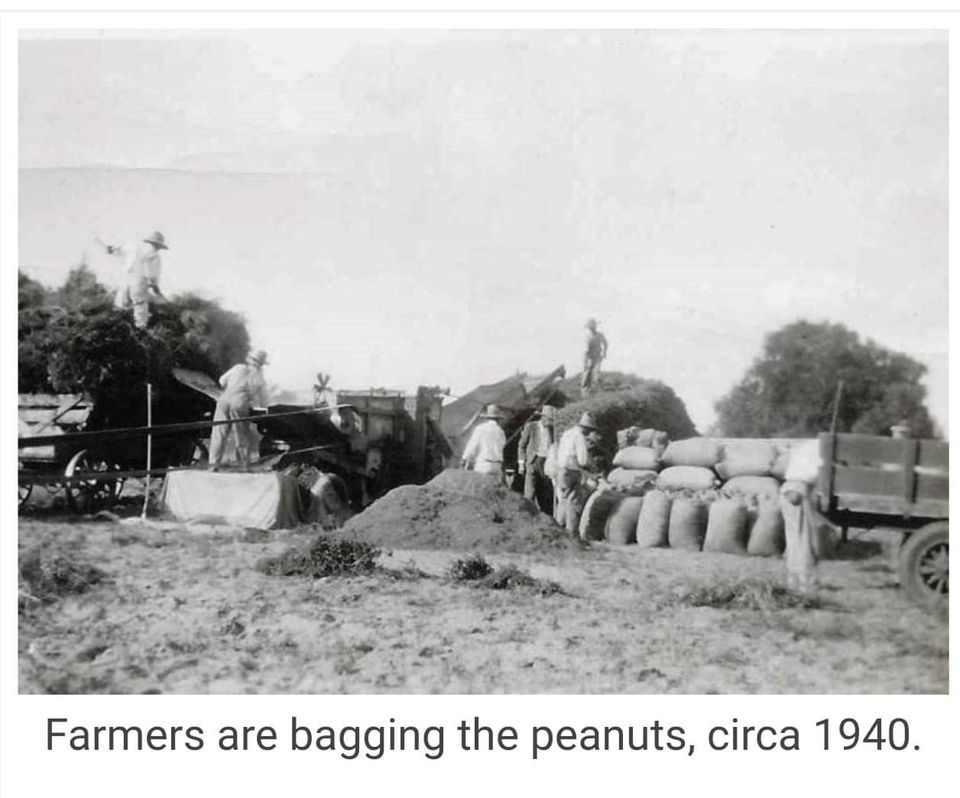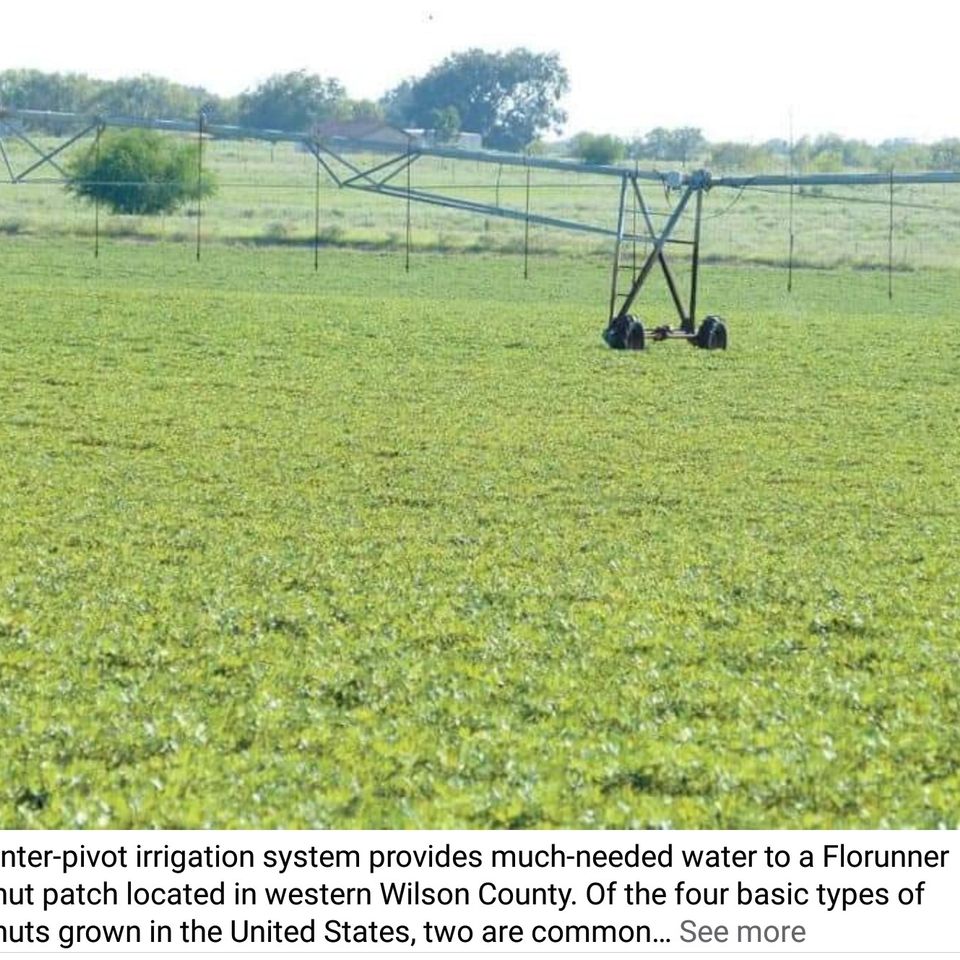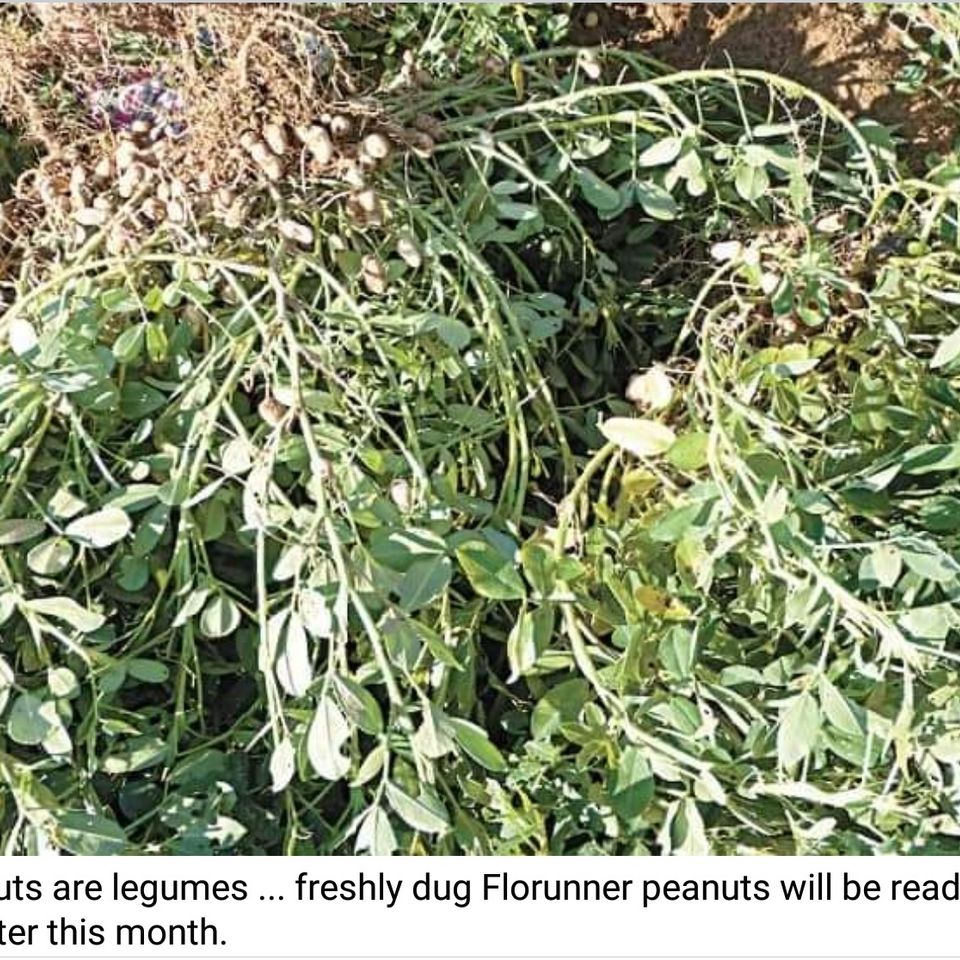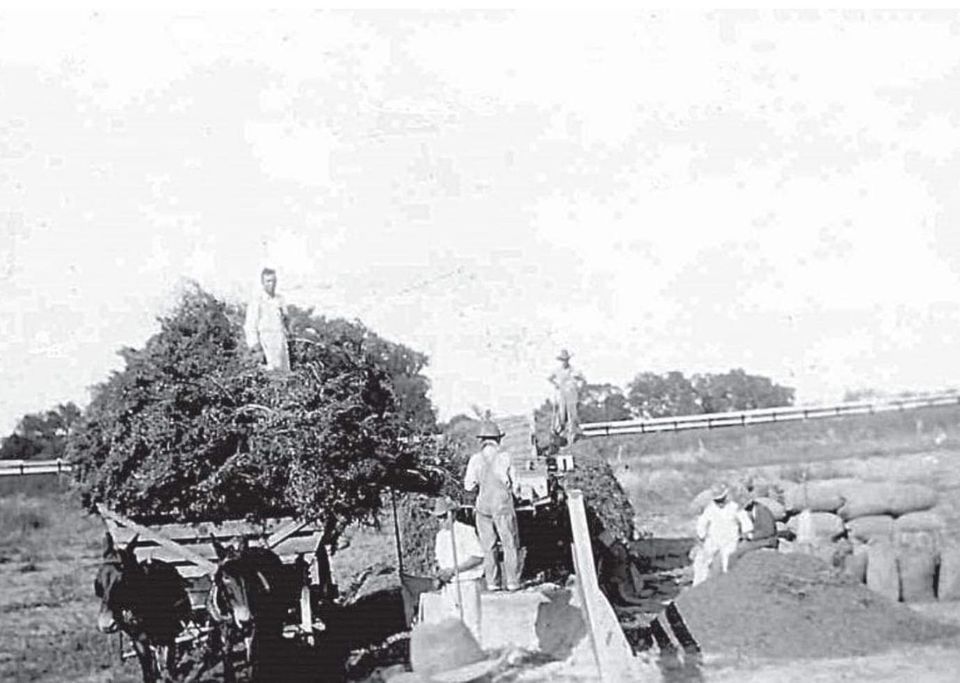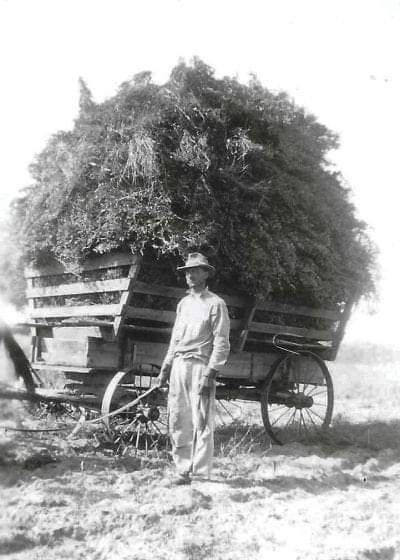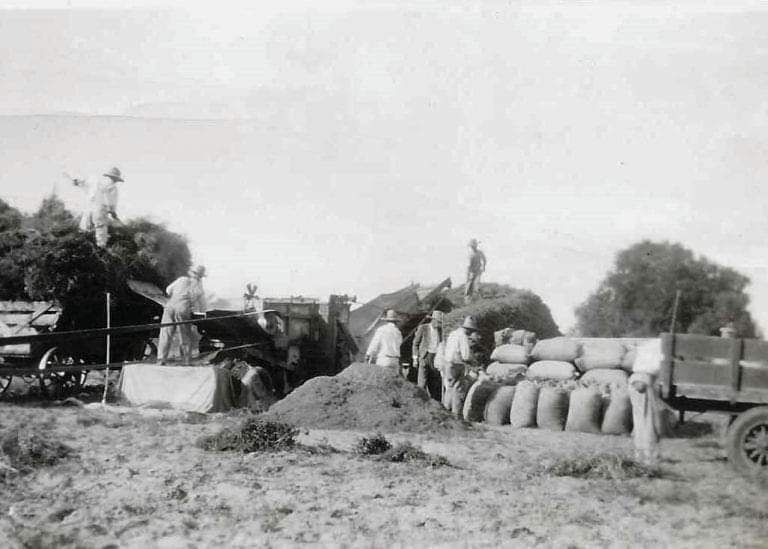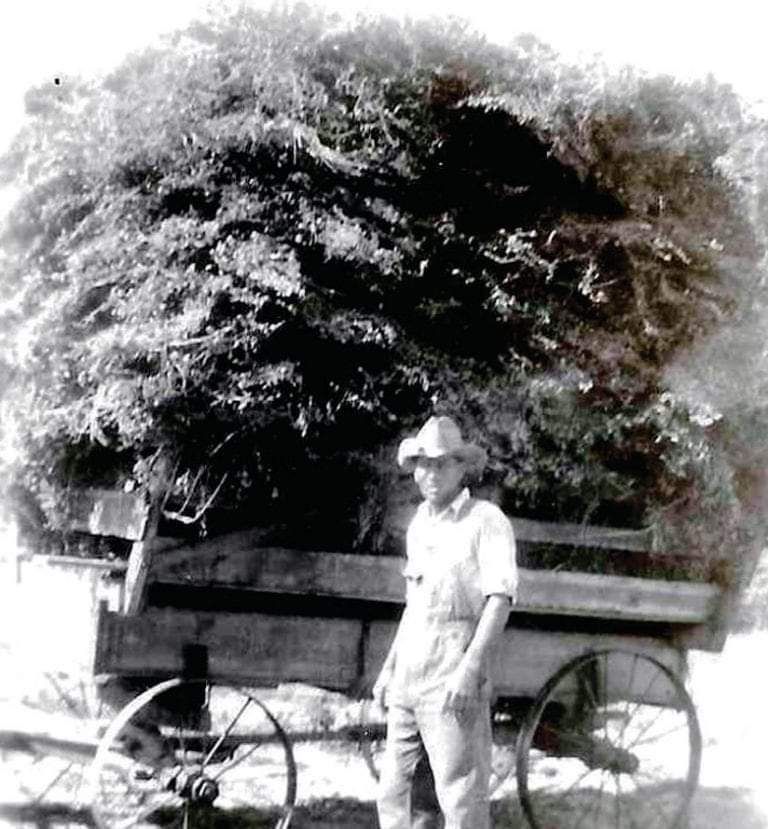by Barbara J. Wood
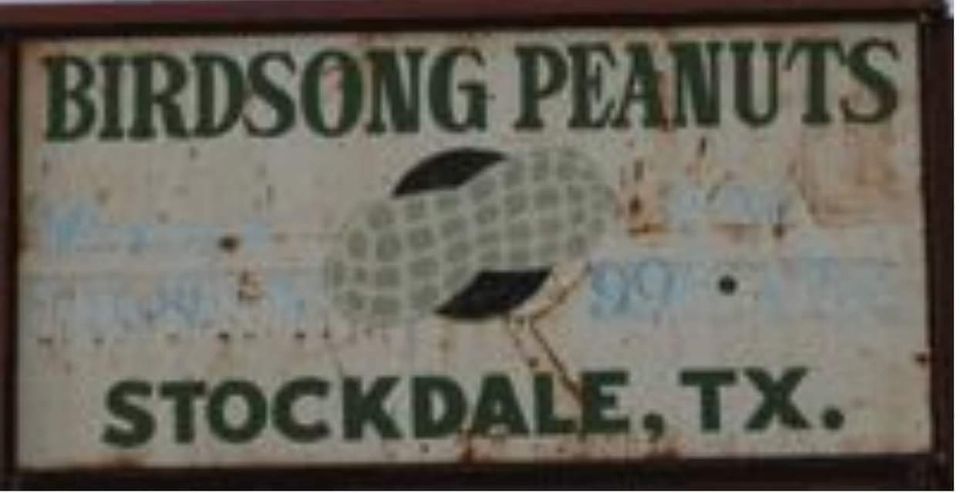
Birdsong Peanuts in Stockdale Texas closes
January 11, 2006 | Wilson County News
By Bonnie Ramirez
STOCKDALE – While most people spent the holidays rejoicing in the blessings that the season brings, local peanut farmers received a big shock after learning of the news that Birdsong Peanuts was shutting its doors after more than 35 years of operation.
By Bonnie Ramirez
STOCKDALE – While most people spent the holidays rejoicing in the blessings that the season brings, local peanut farmers received a big shock after learning of the news that Birdsong Peanuts was shutting its doors after more than 35 years of operation.
Birdsong Peanuts had long been the hub for peanut farmers from the area and surrounding areas. "We were the buying point for local farmers," said Doug Henry, the manager of Birdsong.
Birdsong, which employed Doug and his wife, Jeanne, dealt with farmers directly on a day-to-day basis, whether in person or over the phone. Truckloads of peanuts came to Birdsong to get dried and USDA-graded. From there, the peanuts went to the shellers, where they were shelled and packaged. "Some peanuts were also shipped internationally," Doug said.
Doug, who had been with the company 27 years, assumed managerial responsibilities after his father, John Henry, retired eight years ago. Jeanne, being the administrative assistant, brought her customer service skills, among other traits, to the office and was "pretty much a jack of all trades," according to Doug.
Birdsong Peanuts, which is a corporation headquartered in Suffolk, Va., bought out the Houston-based Ho-Tex Peanuts' Stockdale location over 35 years ago.They began operations with John managing the facility and Doug helping out while attending high school.The news of the closing of Birdsong came to the Henrys right before Christmas.
"It was a corporate decision to shut the plant down due to a lack of business," Doug stated. He attributed the lack of business to the 2002 Farm Bill, which affected several agriculture entities. 'The peanut farmers were hit the worst," Doug said.
The Farm Bill hit home hard. According to Doug and John, "the bottom line" is the 2002 Farm Bill, that's why the dryer is shutting down. "That's where the lack of business stems from," Doug said. After the passing of the bill, peanut prices went from $610 a ton to $350 a ton.
"Peanut prices were cut 40 percent," Doug said. "Farmers can't grow peanuts anymore, there's just no revenue in it." When the bill was proposed, it caused a panic to the agriculture community. Local peanut farmers were among the concerned parties.
"Once it was passed, we knew it was headed in this direction. It was just a matter of time," Doug said. Though all farmers were affected by the bill, peanut farmers got the worst of it, according to the Henrys. "When prices were at $610 a ton, the peanuts were subsidized by the shellers; now the industry is run by the government, the taxpayers," Doug said.
Doug mentioned that at one point in time Birdsong dealt with farmers from seven surrounding counties and roughly 75 farmers with about 300 farms. Over the past three years, those statistics have diminished drastically.
"Now we deal with about 12 farmers with 30-35 farms from only three counties," Doug said. The current drought and significant fuel increase also added "to the fire."
"Yes, the drought and fuel prices have also added to the lack of business," Doug said.These matters combined with the already bad situation made it worse. Local farmers are in a frenzy about the situation.
"Many of our clients have come in and said 'What are we going to do? You can't close this,'" Doug said. Now that Birdsong is closed, farmers will have to travel to Pleasanton, which is the nearest town with a peanut dryer to Wilson County. Devine, Charlotte, and Pearsall are the other South Texas locations where Birdsong owns and operates peanut dryers.
"Many [farmers] have said that they will have to cease operations with Birdsong closing because they do not have the equipment to haul their peanut crop to Pleasanton or elsewhere," Doug said. The Henrys are just as saddened and disappointed by the corporation's decision to close the dryer.
"We didn't have good holidays," Doug said. "It's a big shock. We've been here for so long and we just expected to finish our careers here."
All in all, the 2002 Farm Bill indirectly influenced the decision to close Birdsong, but the drought and spike in fuel prices were the final straws and added to the lack of business.
Business operations at Birdsong Peanuts' Stockdale location ceased on Jan. 6.

